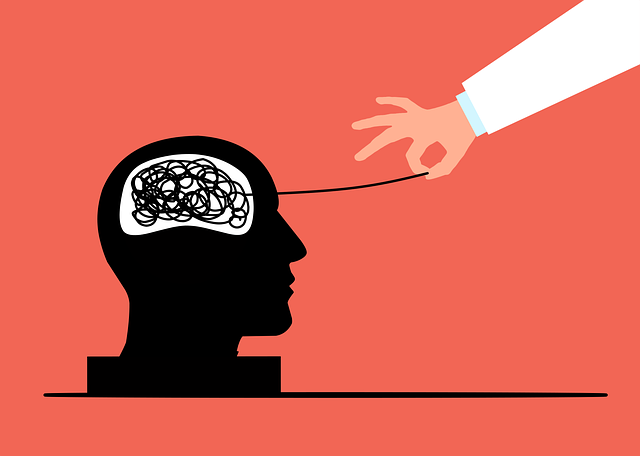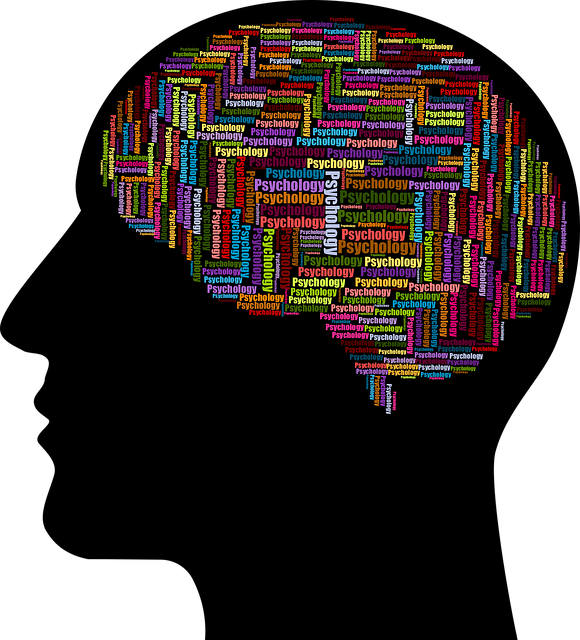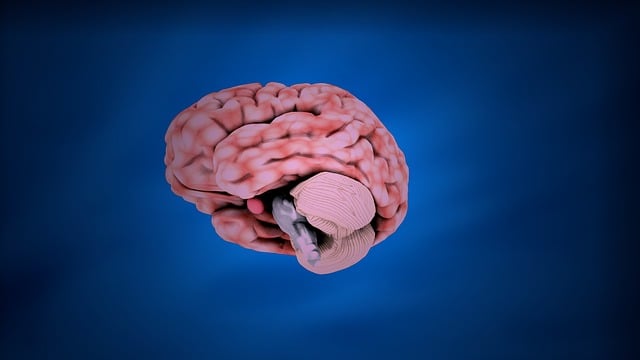Mental wellness is crucial for overall health and daily functioning. When issues like anxiety, depression, or addiction arise, seeking tailored support through culturally sensitive practices and advocating for robust mental health policies ensures effective care. Journaling offers a safe space for personal growth by exploring thoughts and emotions, enhancing resilience, and is particularly beneficial in Longmont Gambling Therapy for addressing addiction. This therapy encourages self-awareness, identifies patterns, and promotes emotional well-being through regular journaling rituals. Tailored prompts focusing on gratitude and affirmations enhance the process, aiding in cognitive restructuring and breaking negative thought cycles associated with gambling issues.
Mental wellness is integral to our daily lives, yet often overlooked. In this article, we explore how mental wellness journaling can be a transformative exercise in self-care. We delve into the profound impact of journaling on mental health, offering guidance on creating personalized routines for optimal well-being. From understanding the effects of mental health issues like gambling addiction in Longmont to utilizing journaling for cognitive restructuring, discover effective strategies to enhance your mental wellness journey.
- Understanding Mental Wellness and Its Impact on Daily Life
- The Power of Journaling as a Therapeutic Tool
- Creating a Personalized Journaling Routine for Effective Self-Care
- Longmont Gambling Therapy: Integrating Journaling for Cognitive Restructuring
Understanding Mental Wellness and Its Impact on Daily Life

Mental wellness is a crucial aspect of our overall well-being, influencing how we navigate daily life and interact with the world around us. It encompasses emotional, psychological, and social stability, enabling individuals to cope with stress, make meaningful connections, and pursue their passions. However, mental health challenges, such as anxiety, depression, or addiction (like those seeking Longmont Gambling Therapy), can significantly impact daily functioning, affecting work performance, relationships, and overall quality of life.
In today’s fast-paced world, prioritizing mental wellness is more important than ever. The Cultural Sensitivity in Mental Healthcare Practice approach emphasizes the need for tailored support, recognizing diverse cultural backgrounds and beliefs. Similarly, a comprehensive Mental Health Policy Analysis and Advocacy ensures that individuals have access to evidence-based resources and services. Engaging in regular self-reflection through journaling can be a powerful tool in promoting mental wellness, offering a safe space for individuals to explore their thoughts, emotions, and experiences without judgment, ultimately fostering personal growth and resilience.
The Power of Journaling as a Therapeutic Tool

Journaling has emerged as a powerful therapeutic tool, offering individuals a safe and intimate space to explore their thoughts and emotions. This simple yet profound practice can be a game-changer for those seeking to improve their mental wellness, especially in the context of Longmont Gambling Therapy. By putting pen to paper, individuals can gain invaluable insights into their behaviors, triggers, and feelings, fostering self-awareness exercises that are key to overcoming challenges like addiction.
This act of recording personal experiences and reflections allows people to step back and observe their internal world without judgment. It provides a sense of control and empowers individuals to navigate through complex emotions, much like a community outreach program implementation aimed at burnout prevention. Through regular journaling, one can identify patterns, understand underlying causes, and develop strategies to enhance overall well-being, making it an accessible and effective method in the journey towards mental health and healing.
Creating a Personalized Journaling Routine for Effective Self-Care

Creating a personalized journaling routine can significantly enhance self-care practices, especially for individuals seeking support through Longmont Gambling Therapy. It provides an opportunity to connect with your thoughts and emotions in a dedicated space. Start by setting aside a specific time each day that works best for you; consistency is key. Whether it’s morning coffee or evening wind-down, create a ritual around it.
Your journal should be tailored to your unique needs. Consider including prompts that align with the Mind Over Matter principles, such as reflecting on achievements, practicing gratitude, and setting positive affirmations. Additionally, incorporate emotional well-being promotion techniques by writing about stressful situations and their impact, allowing you to process and release these feelings. Regularly reviewing past entries can help in identifying patterns, triggers, and progress, facilitating a more informed approach to managing mental health, particularly when coupled with professional guidance from mental health professionals, including a risk assessment for Gambling Therapy.
Longmont Gambling Therapy: Integrating Journaling for Cognitive Restructuring

Longmont Gambling Therapy leverages journaling as a powerful tool for cognitive restructuring, an essential component in addressing gambling-related issues. This practice encourages individuals to reflect on their thoughts and behaviors, fostering self-awareness exercises that disrupt negative thought patterns. By documenting experiences, emotions, and triggers, clients gain insights into their decision-making processes, which is crucial for breaking the cycle of addiction.
Incorporating journaling into therapy sessions promotes empathy building strategies among participants and healthcare providers alike. It enables a deeper understanding of individual struggles, leading to tailored burnout prevention strategies. This approach not only aids in managing gambling behaviors but also enhances overall mental wellness by providing a safe space for self-exploration and personal growth.
Mental wellness journaling can be a powerful tool for self-improvement, offering a personalized and reflective space to process thoughts and emotions. As discussed, integrating this practice into daily routines, especially through structured guidance like Longmont Gambling Therapy’s cognitive restructuring techniques, can lead to significant improvements in mental health and overall well-being. By dedicating time to journal, individuals can gain valuable insights, enhance self-awareness, and develop coping mechanisms tailored to their unique needs. This simple yet effective exercise has the potential to transform lives, providing a sense of clarity and control over one’s mental landscape.














